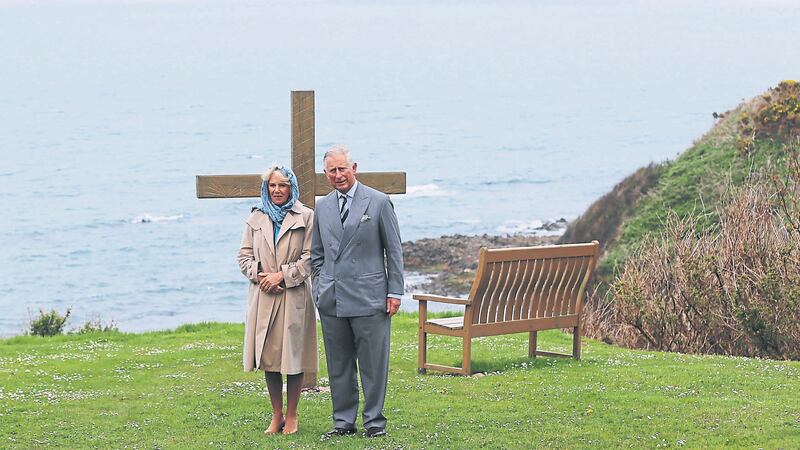Truth is a strange thing. It is rarely unvarnished and even more rarely straightforward. We polish it and play with it. We surround it with conditions and caveats. We demand it from others, even though we know that it would have to be dragged kicking and screaming from ourselves.
We subject our children to wordy and worthy lectures about the importance of always telling us the truth, while lying to them about almost everything else on a daily basis. And when it comes to politicians, most people settle for the dictum about Richard Nixon: “How can you tell he’s lying? His lips are moving.”
Truth is something we rarely expect to hear from governments and politicians: and we certainly never expect to hear it from paramilitaries, secret services and the nod-of-the-head approvers behind ‘black op’ counter-terrorism activities. Which means, as I’ve written before, that it will be enormously difficult to construct the sort of truth and reconciliation process that so many people—particularly those still seeking something resembling justice—want to see. Because, as the Polish writer, Czeslaw Milosz puts it: “In a room where people unanimously maintain a conspiracy of silence, one word of truth sounds like a pistol shot.” In other words, truth is difficult.
And the most difficult ‘truth,’ of course, is that it is the interests of an awful lot of the key players from the late 1960s onwards to ensure that that ‘pistol shot’ is never fired. Truth isn’t a standalone thing. Nothing happens in isolation. Evidence is required for verification purposes and that, in turn, leads to more questions and further probes. Truths have already been taken to the grave. Files have been shredded. Death bed ‘confessions’ will be discounted and interviews taped and stored until after the interviewee has died will be dismissed as hearsay. Those with first hand memories of atrocities will die over the next thirty years or so, leaving their offspring with just vague memories and pressure from a new generation not to “dig up and mess around with the past.”
Some people say that we should just draw a line under the past and move on. But move on to where? The conflict hasn’t, in fact, ended, because the source of that conflict—the partition of Ireland and the ‘British presence’—remains a live issue for the vast majority of republicans and Sinn Fein supporters here. It seems inevitable that our government will still be an uncomfortable accommodation between two constitutional opposites pursuing their own agenda. And elections will, as they have been for decades, be mere head counts on the Union. So how do you draw a line under the past when the past remains locked at the hip to the present?
How can there be truth—however ugly it may be—in the absence of reconciliation? And how can there be reconciliation when the two big constitutional power blocs remain at loggerheads over the future of the very country they are supposed to govern together? Conflict resolution allows you to move ahead, draw lines and mend fences. Conflict stalemate involves trying to build government on quicksand while seeking truth in a black hole.
So, here’s the really difficult question: what do we do in these circumstances? If a truth process—let alone a peace and reconciliation process—seems unlikely and if the party political process remains much the same as it has been, then how is progress made? And if the constitutional question remains the fixed point of dialogue and manifestos then how do we shift the focus and encourage a new way of doing political business here? In other words, where is the catalyst for change?
Optimists point to the next generation, without really explaining what the next generation has to offer. Most of the young men and women I have seen come through the political ranks since the mid-1990s strike me as identikits of their elders. They carry the same baggage—even though it isn’t actually theirs—and trot out the same platitudes. I can’t think of one young politician in Northern Ireland right now who is offering anything different. And nor can I identify a new political vehicle or movement which is going to make a difference in May’s Assembly election. Worse still, the reduction of MLA numbers by 18 for the following election will strengthen the hands of the old parties and close the door to new voices.
I have argued before that change is going to require a revolution involving all of those who say they want change. The sooner the better: the sooner the better.








